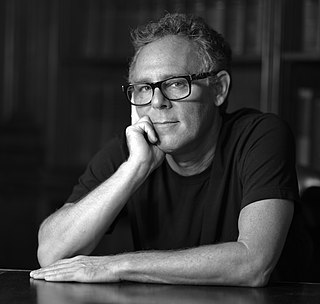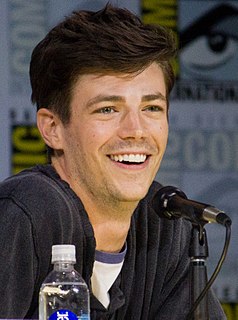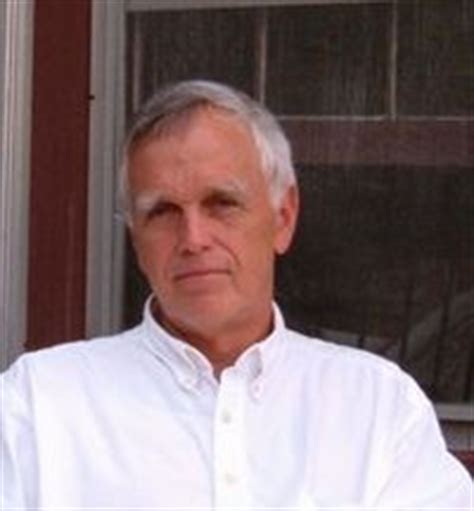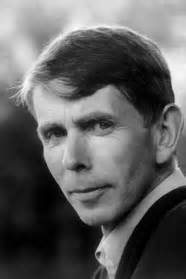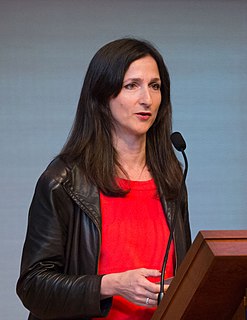A Quote by Thomas P.M. Barnett
Having grown up on 'Star Trek,' I've had one great dream since childhood, and that is to see my life end somewhere other than here on Earth.
Related Quotes
It was really important to try to reach a whole new audience so we had a lot of people in who not only had not seen the last film but were not Star Trek fans, or thought of themselves as not being Star Trek fans, or they had seen bits and pieces of Star Trek in the past and it was just not for them.
We plan our lives according to a dream that came to us in our childhood, and we find that life alters our plans. And yet, at the end, from a rare height, we also see that our dream was our fate. It's just that providence had other ideas as to how we would get there. Destiny plans a different route, or turns the dream around, as if it were a riddle, and fulfills the dream in ways we couldn't have expected.
On the earth, satellite of a star speeding through space, living things had arisen under the influence of conditions which were part of the planet's history; and as there had been a beginning of life upon it, so, under the influence of other conditions, there would be an end: man, no more significant than other forms of life, had come not as the climax of creation but as a physical reaction to the environment.
I don't think discovery of a new planet has a huge meaning for children now, but what it means is the world they're growing up in is very different from children of previous generations. We had Star Trek, Star Wars and Futurama - and we still do - but for children today, they will grow up in a world where other stars were known.


